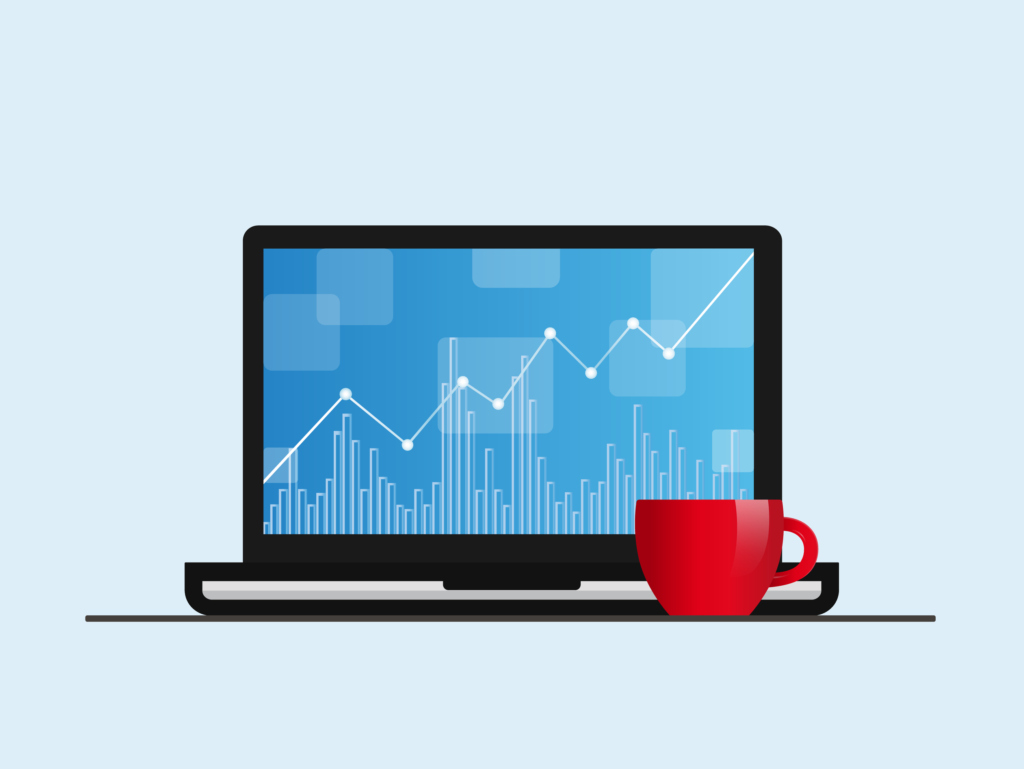Timed trading is a trading strategy that involves placing orders to buy or sell securities at a predetermined time. The main aim of timed trading is to take advantage of favourable market conditions for trade execution. Traders can use timed trading in both day trading and swing trading.
There are several benefits of timed trading. Traders in Singapore use timed trading strategies for a variety of reasons. Timed trading works in Singapore depending on the trader’s goals and objectives. Some traders may find timed trading beneficial, while others may not. Essentially, it is up to the individual trader to decide whether timed trading suits them.
How to use timed trading as a strategy
Identify a security
The first step in using timed trading is to identify a security, which can be any security traded on an exchange, such as stocks, bonds, futures, or options. The trader should be familiar with and have some knowledge of the security.
Determine the desired price
The next step is determining the desired price to execute the trade by looking at the current market price and comparing it to the prices of similar securities. The trader should also consider the price they are willing to buy or sell the security.
Place the order
Once the desired price has been determined, the next step is to place an order to buy or sell the security. You should place the order at the desired price or better. If the order is not filled, the trader can cancel it and try again later.
Execute the trade
The final step is to execute the trade, which means buying or selling the security at the desired price. Depending on the security, the trade may be executed immediately or take some time to fill. Once the trade is filled, the trader will have a position in the security.
Benefits of timed trading
Timed trading can take advantage of market conditions
The main benefit of timed trading is that it can take advantage of favourable market conditions. By placing an order at a predetermined time, the trader can take advantage of price movements in the market, leading to better prices and improved execution.
Timed trading can save time
Another benefit of timed trading is that it can save time. Traders who use this strategy do not need to spend time monitoring the market constantly. They can place their orders and wait for them to be filled, freeing up time for other activities.
Timed trading can limit losses
Another benefit of timed trading is that it can limit losses. By placing an order at a predetermined price, the trader can limit losses if the market moves against them because their broker will only fill the order at the desired price or better.
Timed trading can improve your chances of success
The final benefit of timed trading is that it can improve your chances of success because you can take advantage of market conditions and execute trades at the best possible prices, leading to more successful trades and improved profits.
Risks of trading futures in Singapore
Volatility
Futures prices can be volatile, meaning they can fluctuate rapidly, making it difficult to predict the future price of a security. When trading futures, traders should be aware of the potential for volatility and be prepared for it.
Leverage
Leverage is when traders borrow money to trade, amplifying profits or losses. If a trade goes against the trader, they may owe more money than they have in their account, leading to margin calls and forced liquidation of positions.
Margin calls
A margin call is when a broker requires a trader to deposit more money into their account to cover losses, which can happen if the account equity falls below the margin requirements. If traders cannot meet a margin call, their broker may liquidate their positions.
Price manipulation
Price manipulation is when traders artificially inflate or deflate prices to profit by creating false demand or supply, buying or selling large security quantities, or spreading false information. Price manipulation can be difficult to detect and cause losses for innocent traders.

